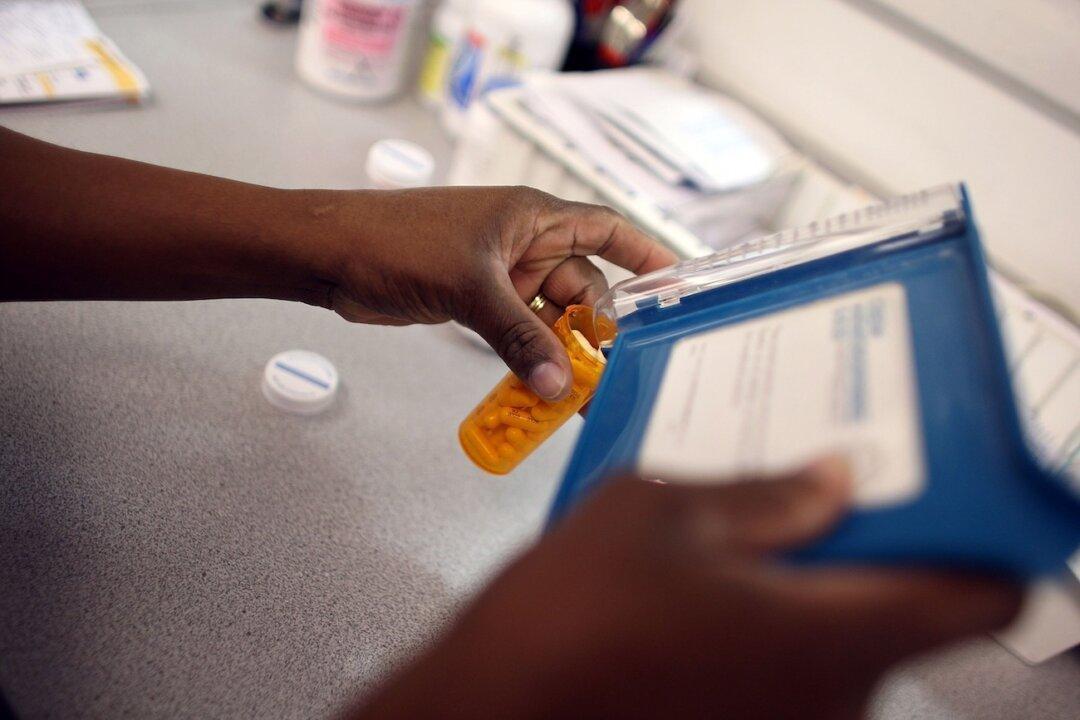On Friday, the Food and Drug Administration (FDA) approved Florida’s plan to import cheap drugs from Canada, making it the first state in the country to be granted the authorization to buy certain lower-cost medicines in bulk from outside the United States—sparking pushback from the pharmaceutical lobby.
On Jan. 5, the FDA authorized Florida’s Agency for Health Care Administration’s drug import program, which was backed by the Trump administration and Florida Gov. Ron DeSantis but faced opposition from the pharmaceutical lobby and allegedly slow-rolled by federal regulators.





